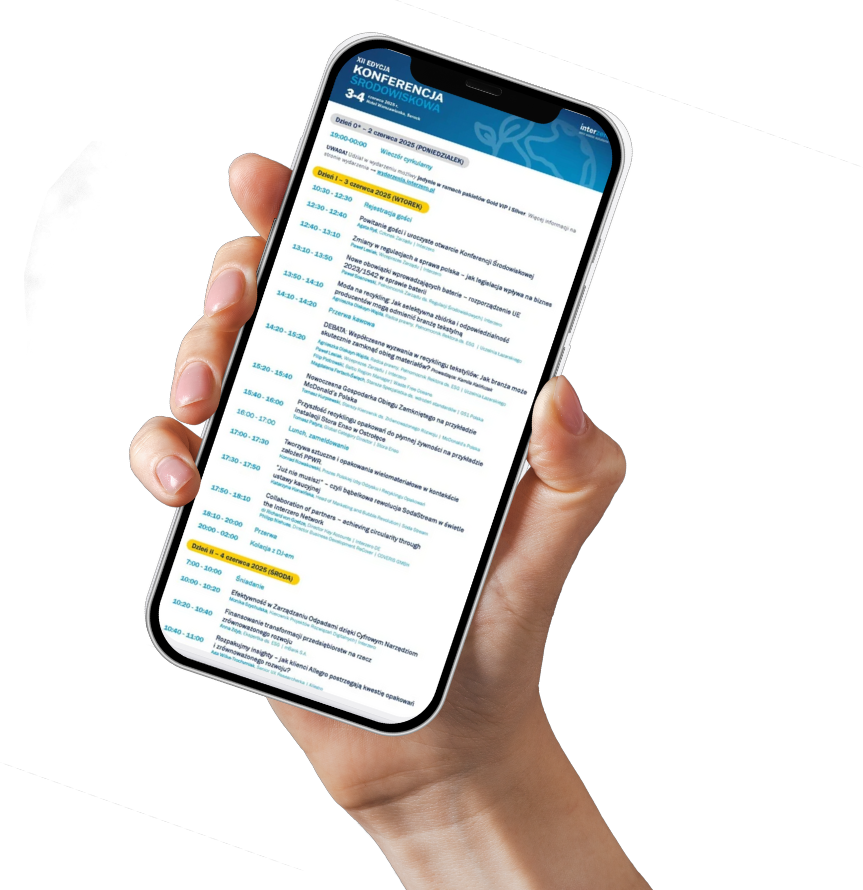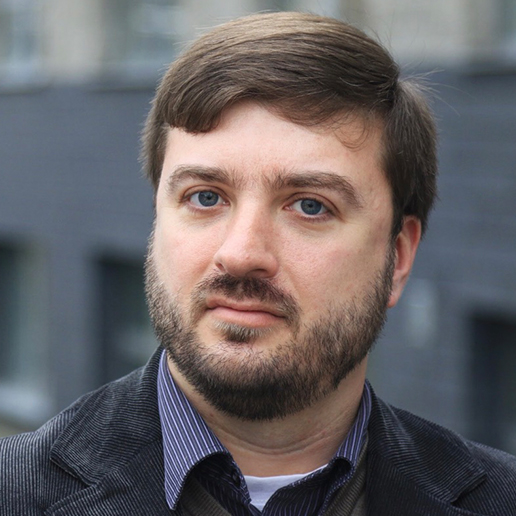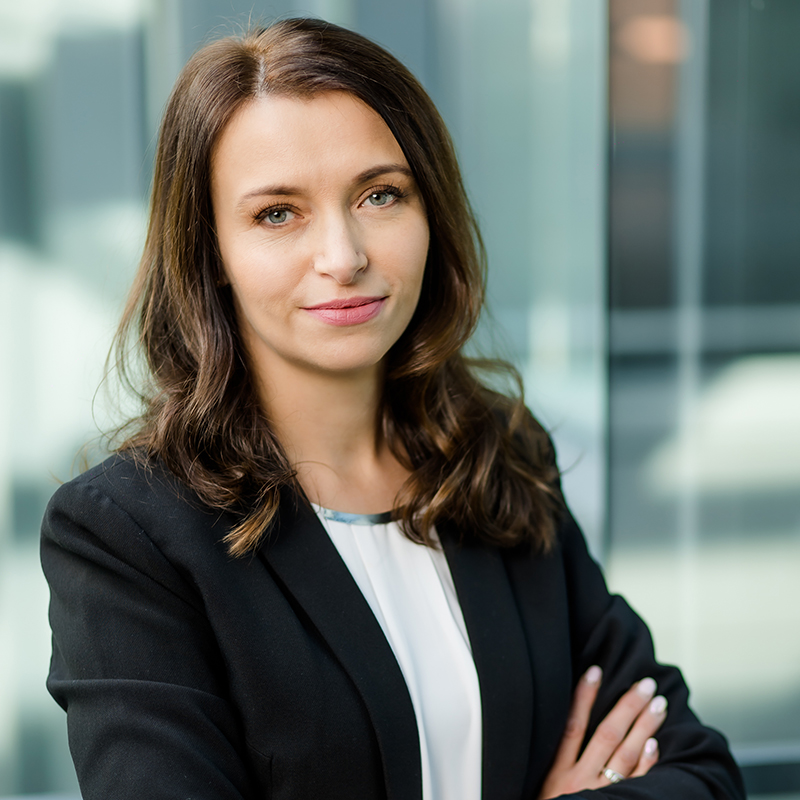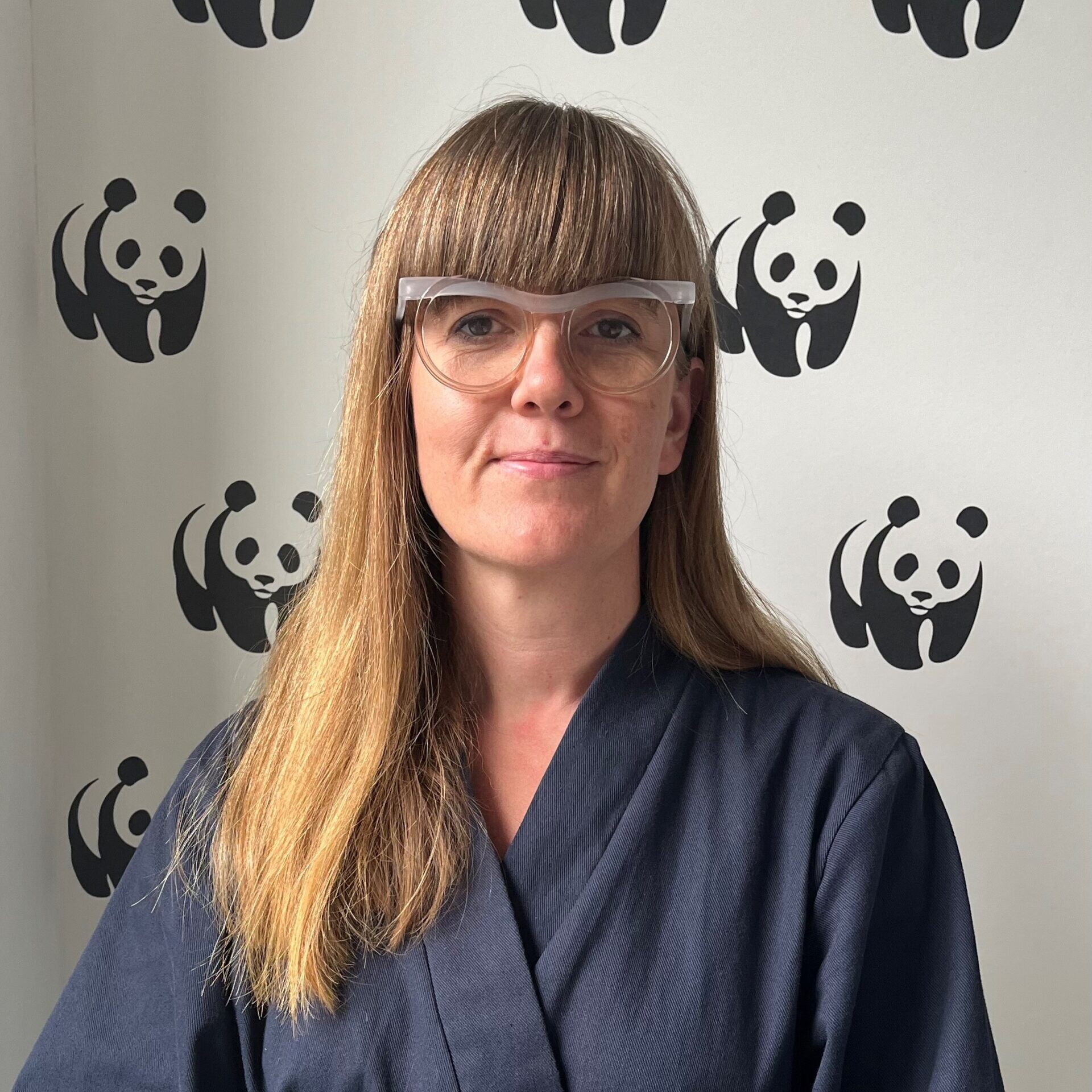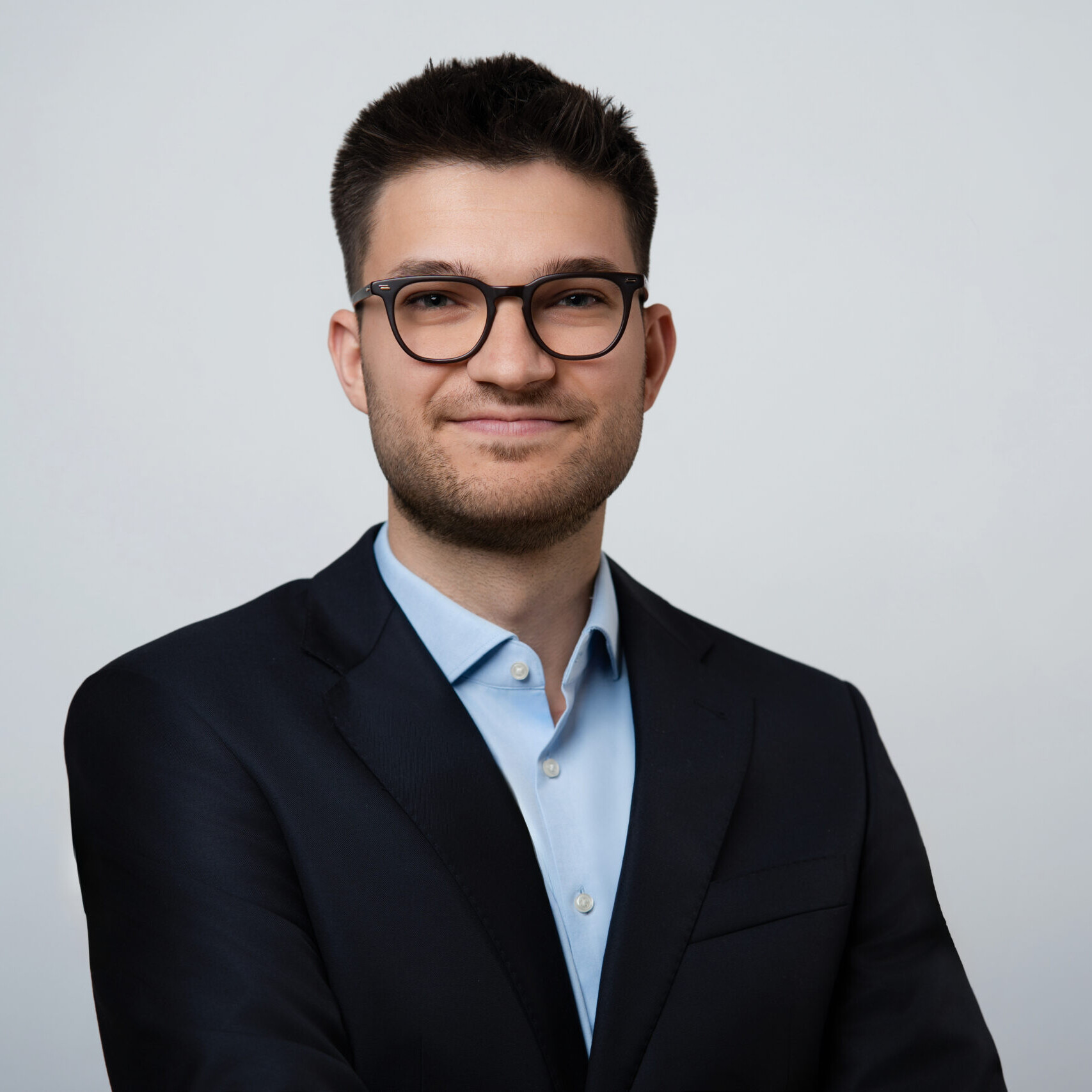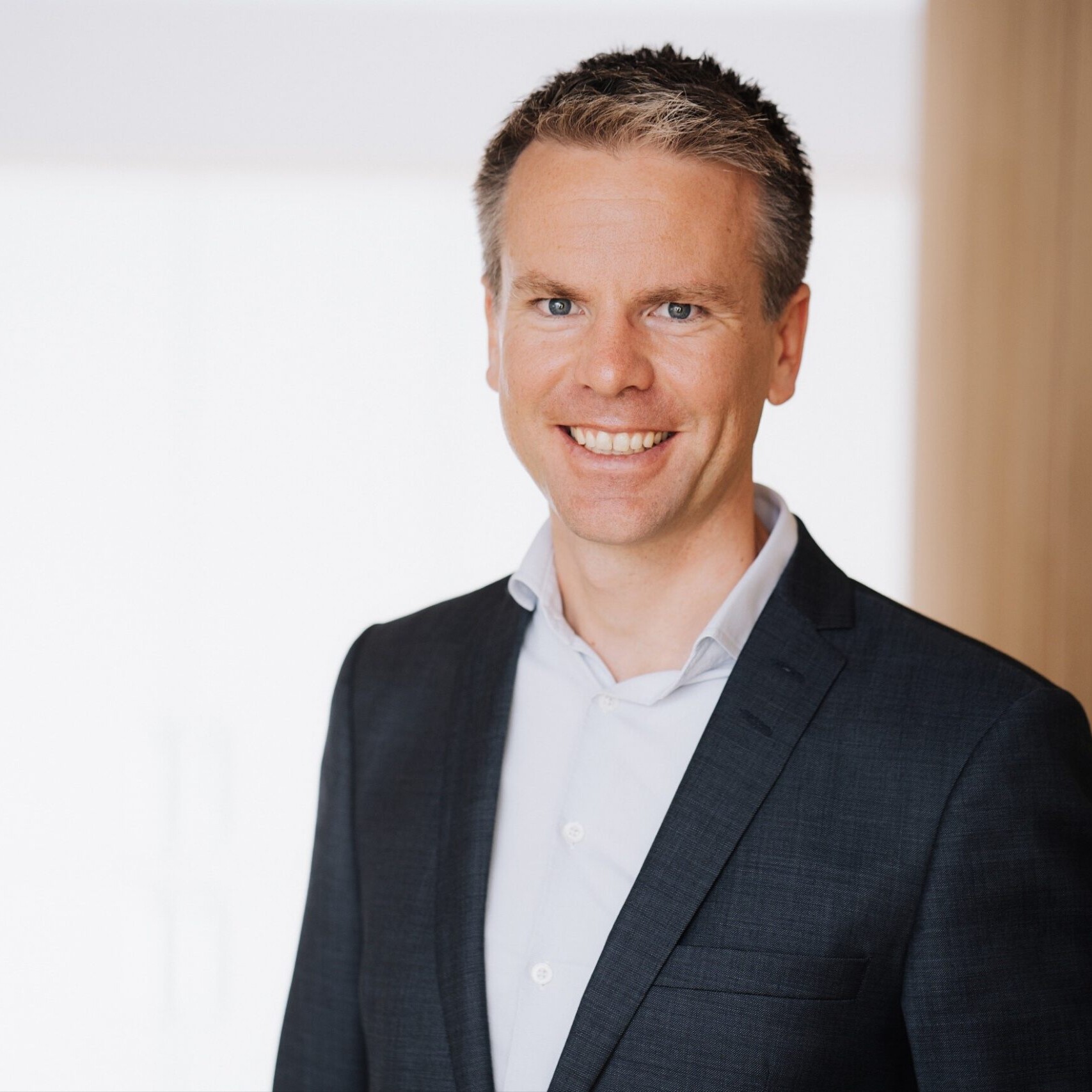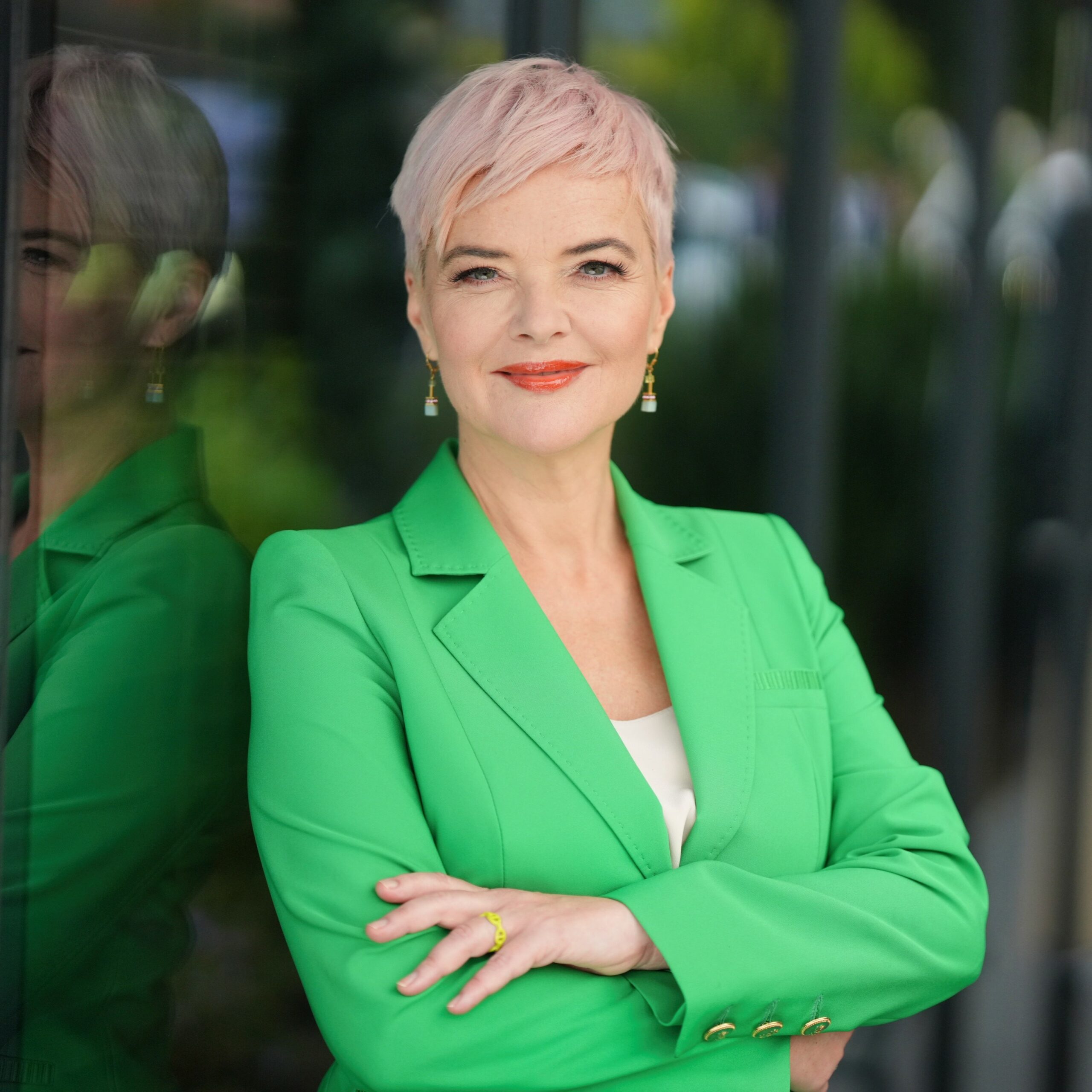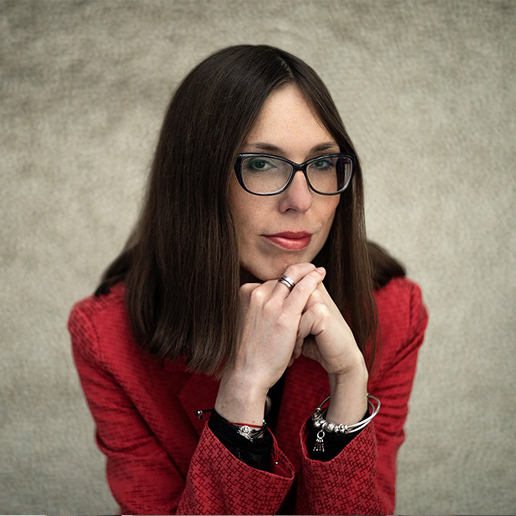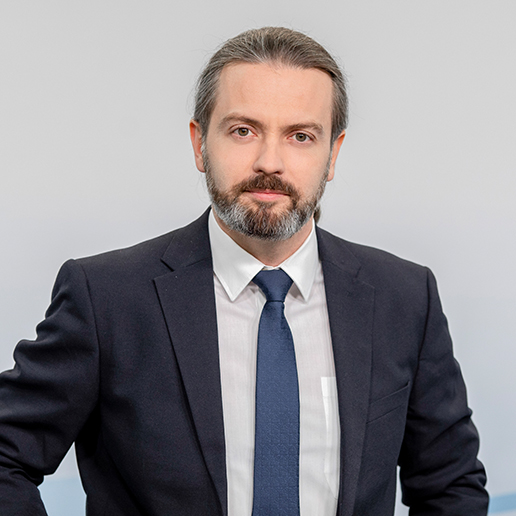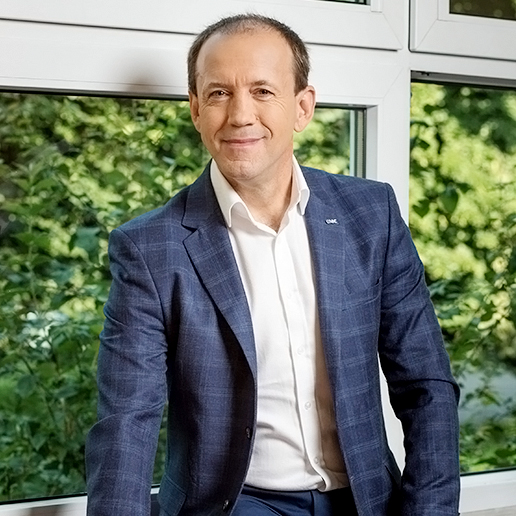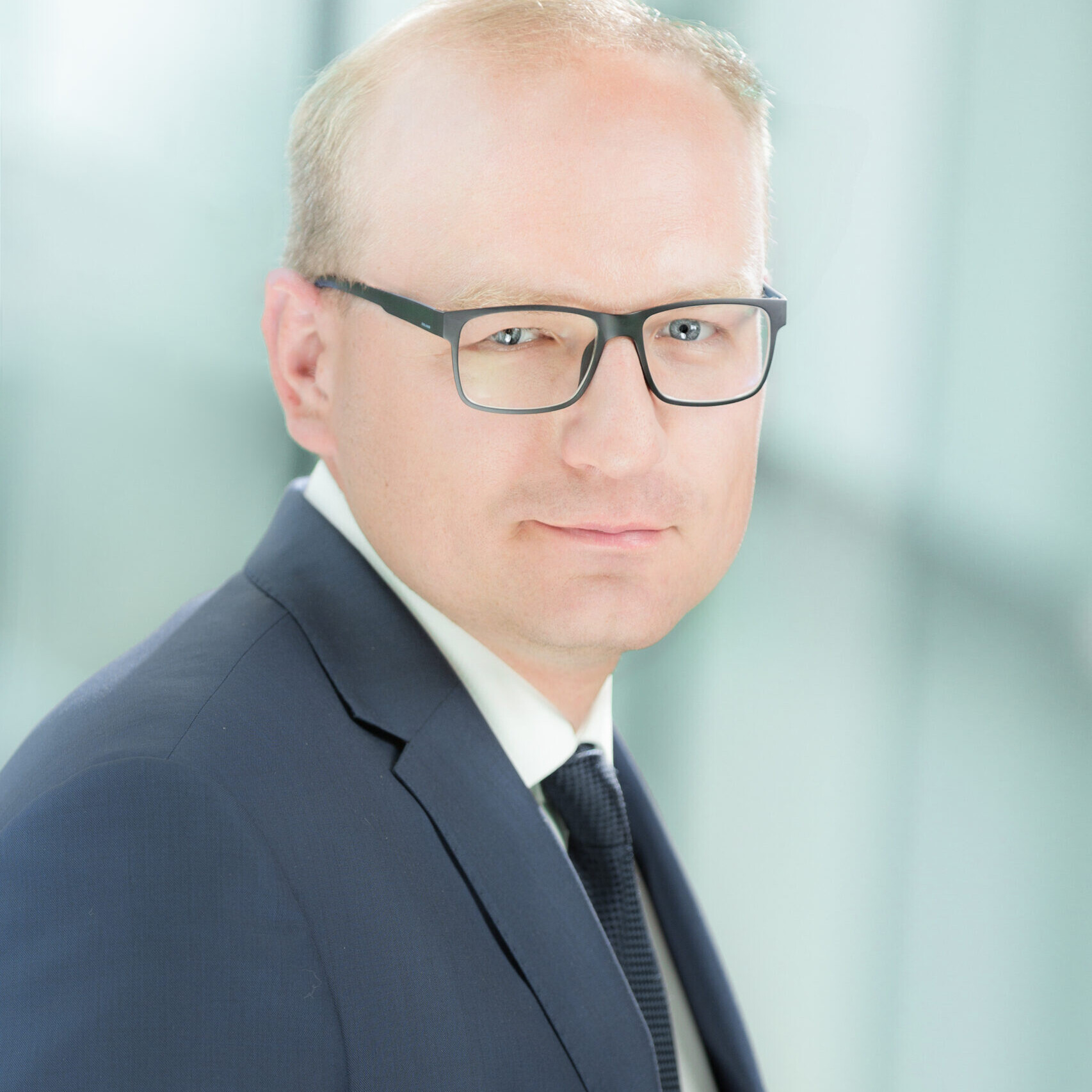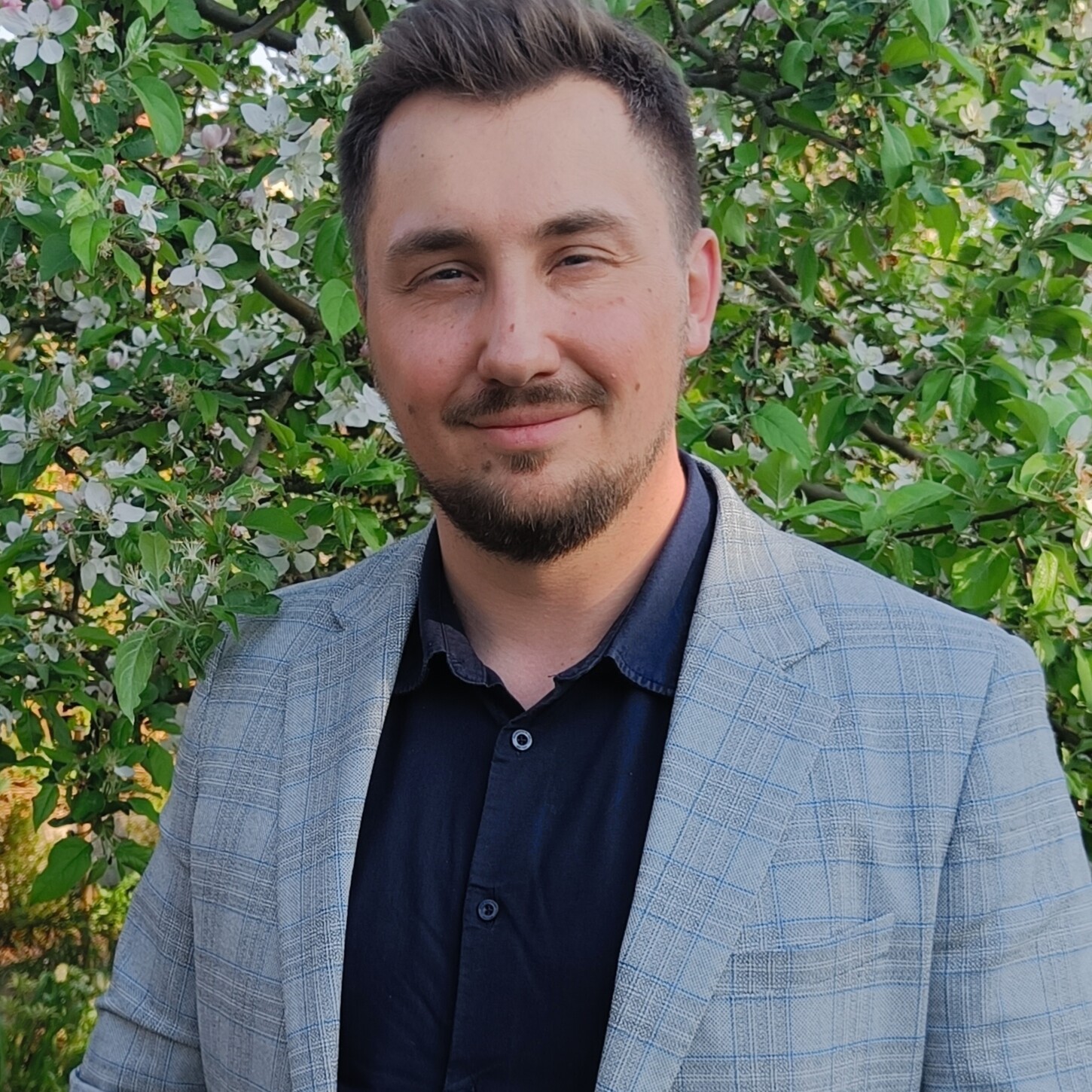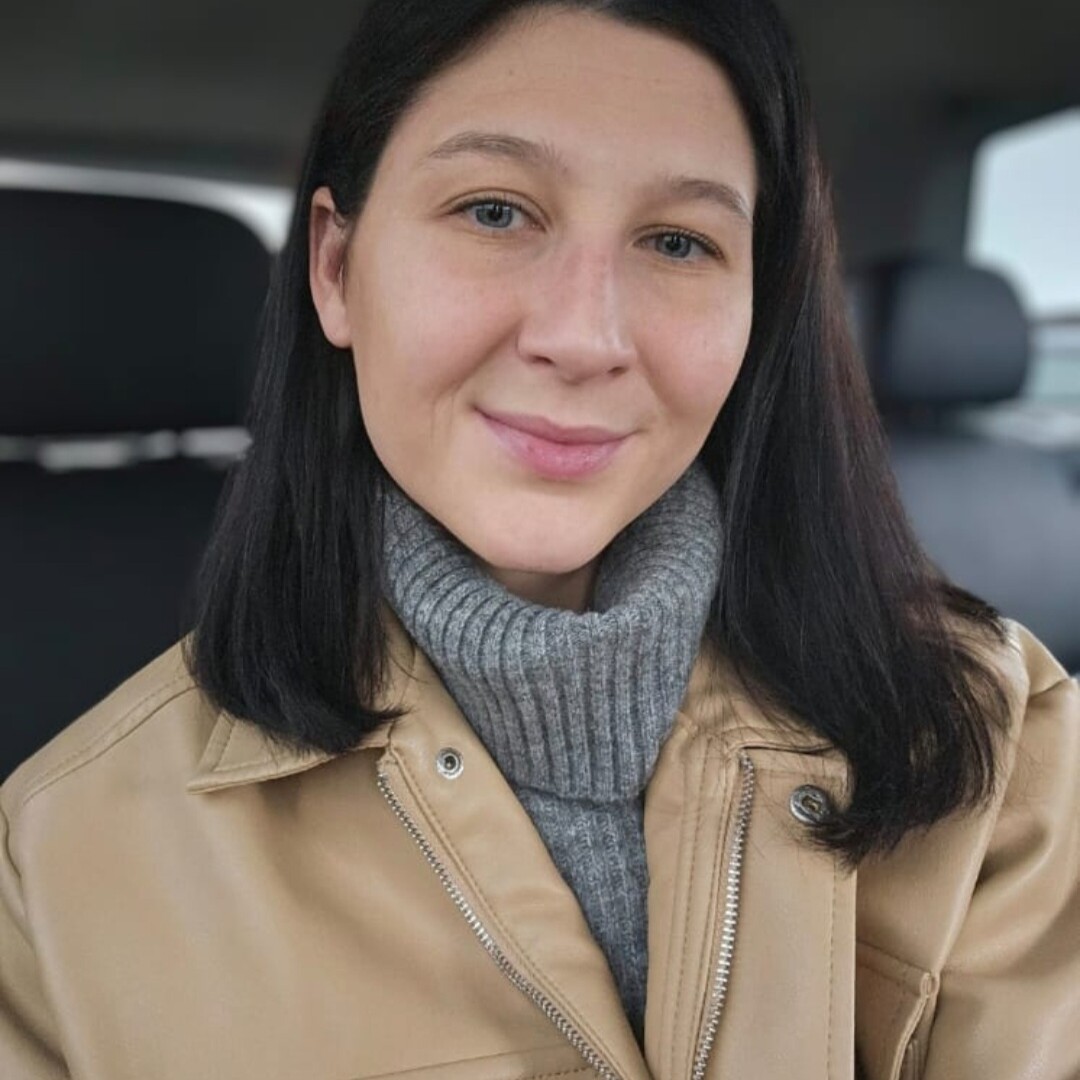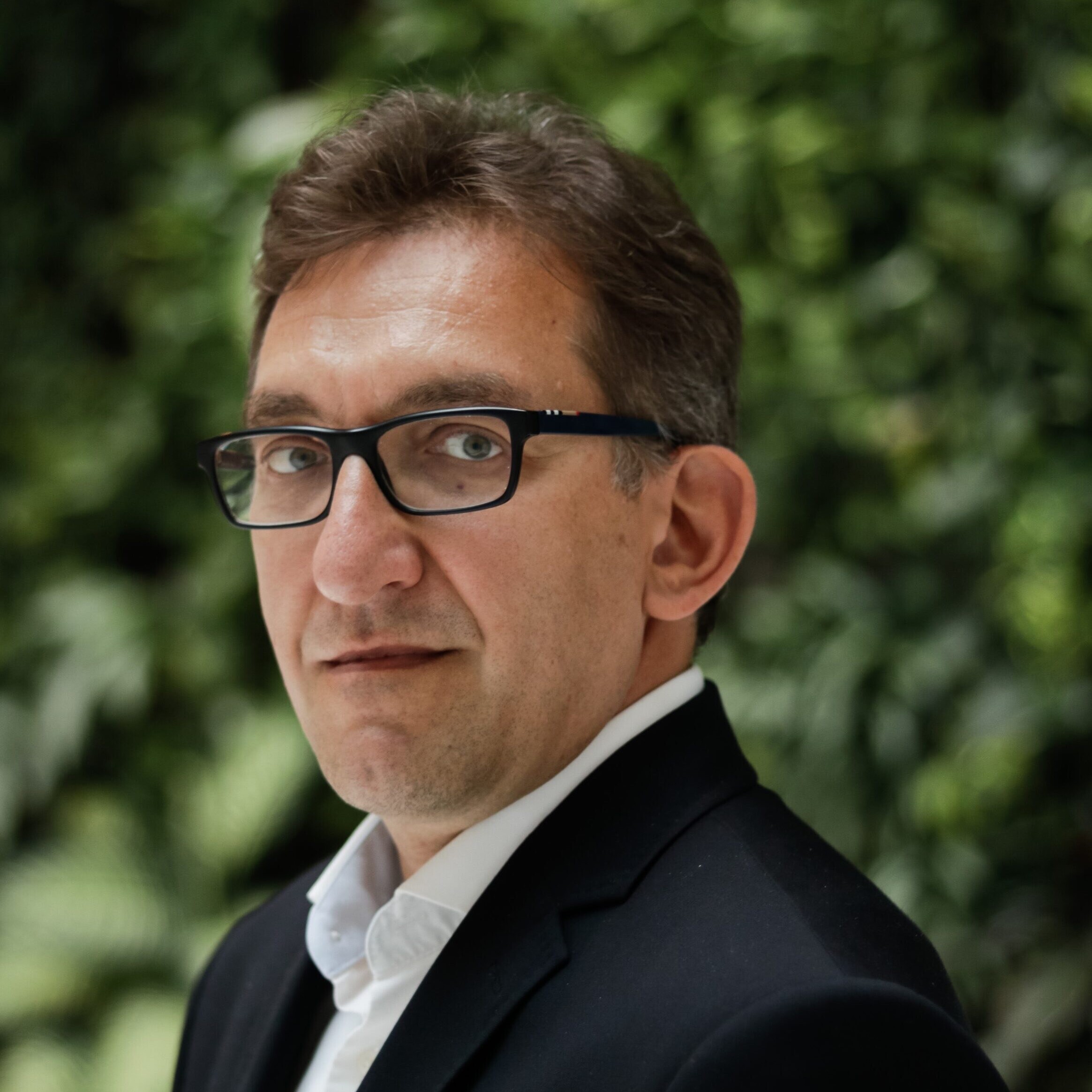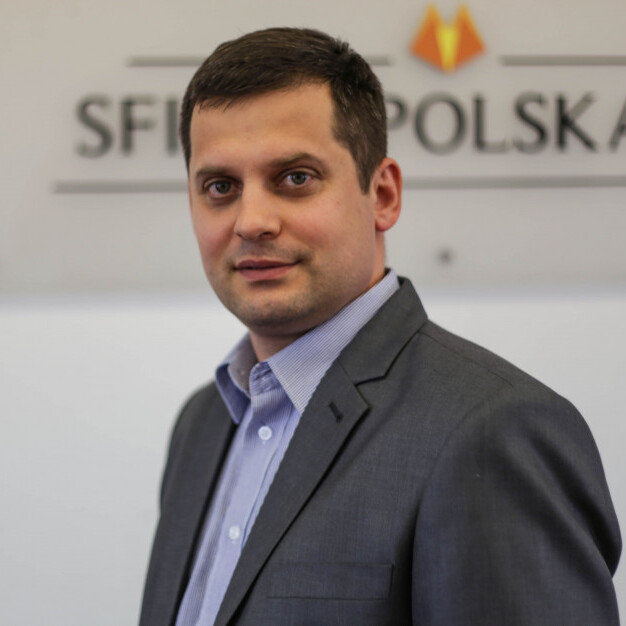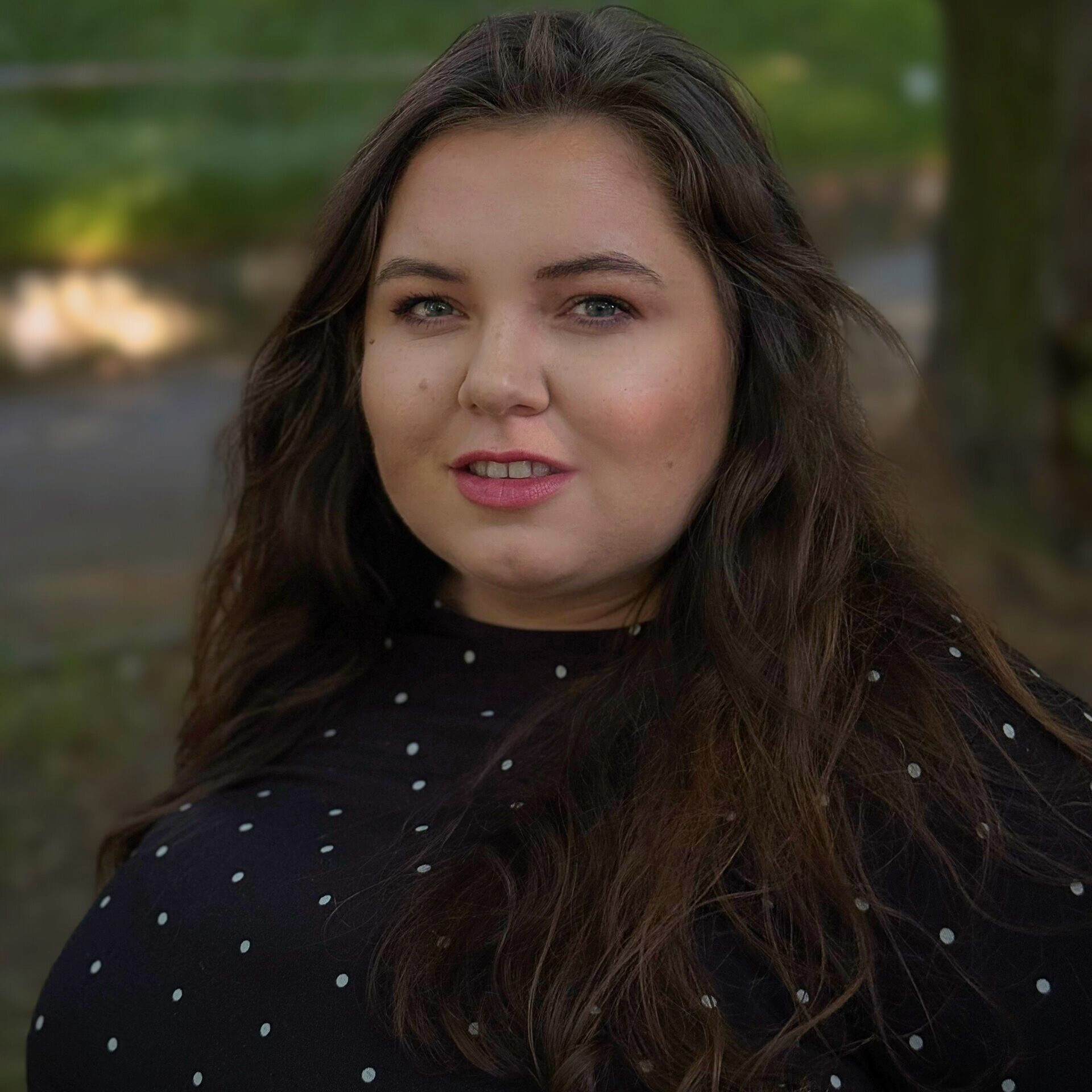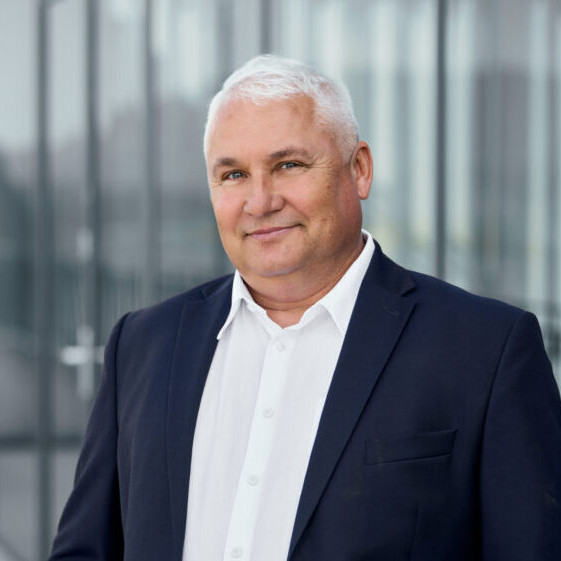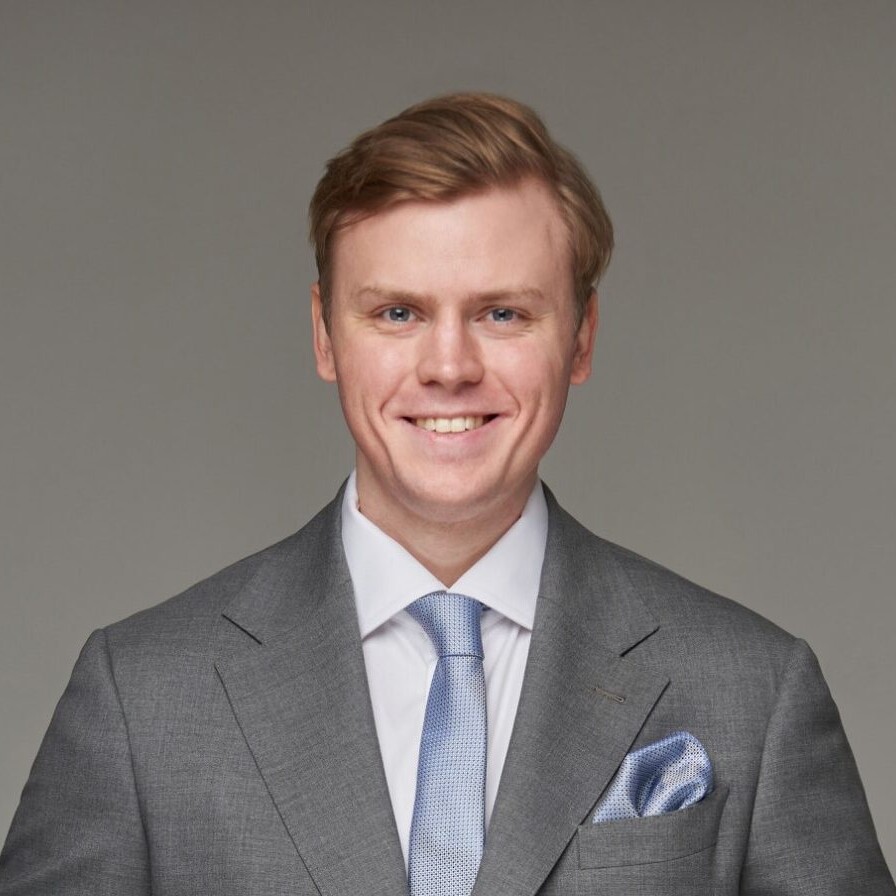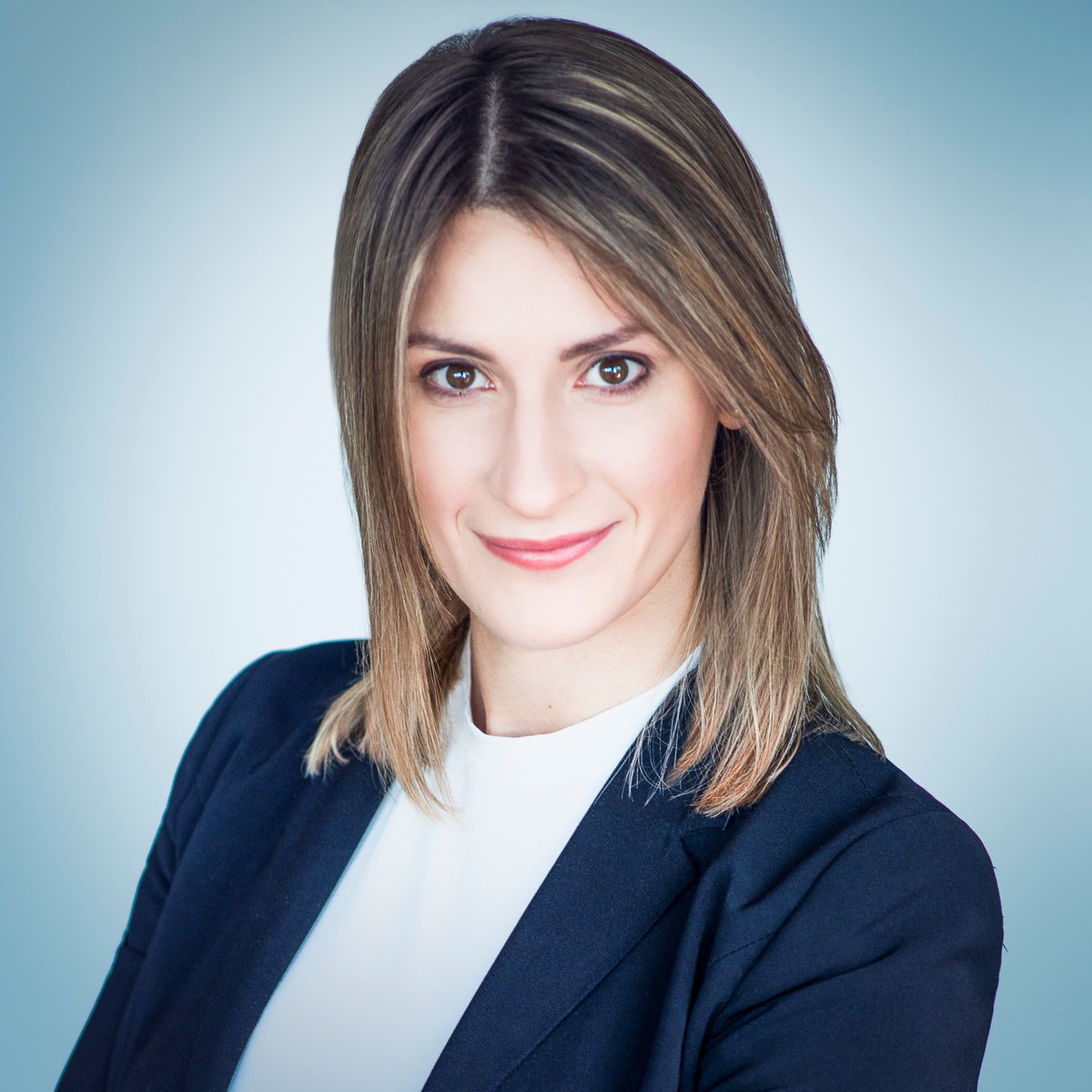REGISTRATION OPEN
Environmental Conference 2025
3-4 June 2025,
Hotel Warszawianka, Serock
000 days 00 hours 00 minutes 00 seconds
Check out the programme for the Environmental Conference 2025 event!
On 3-4 June 2025 we see you near Serock, at the Warszawianka Hotel! This year's Interzero Environmental Conference will address the most important and up-to-date regulatory, environmental and ESG topics. During the event, we will delve into topics including: the circular economy, extended producer responsibility, textiles, the SUP directive, the deposit system and strategies to make businesses more circular.
Hourly schedule for the Interzero 2025 Environmental Conference!
Download the Interzero 2025 Environmental Conference agenda to your phone or other mobile device and stay up to date with our speakers!
Day I - 3 June 2025.
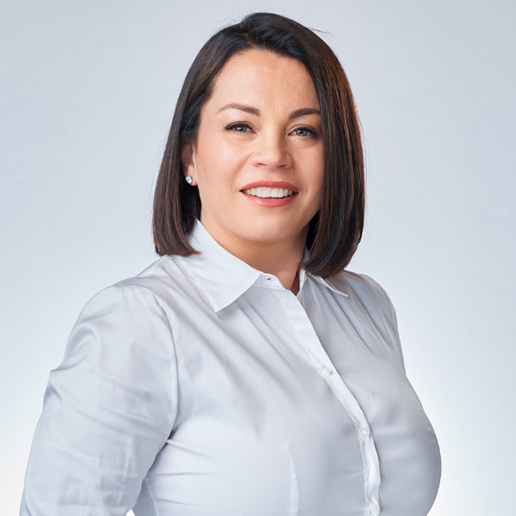
12:00-12:10
Welcoming of guests, opening of the conference
Agata Ryś, Interzero
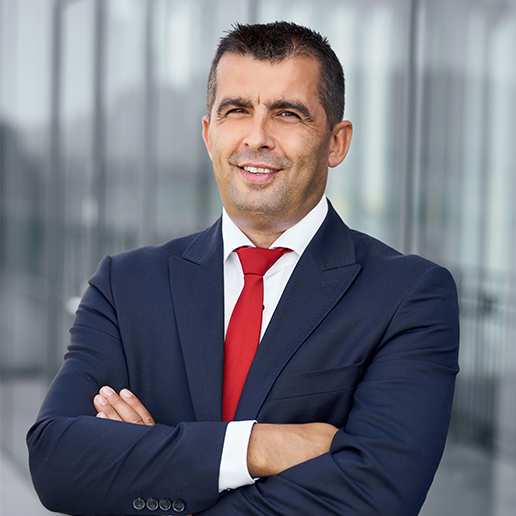
12:10-12:40
Regulatory changes and the Polish case - How legislation affects business
Paweł Lesiak, Interzero
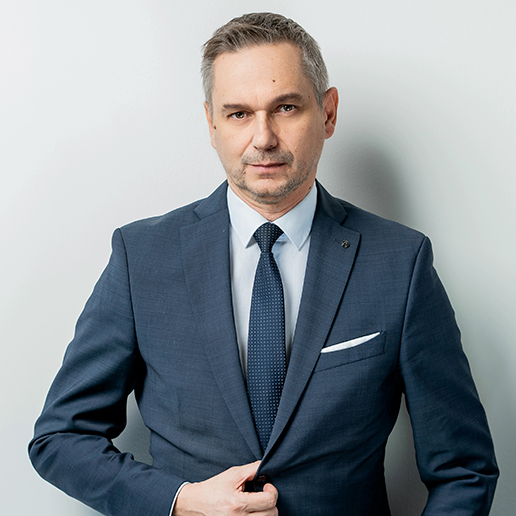
12:40-13:20
New obligations for battery introducers - EU Regulation 2023/1542 on batteries
Pawel Sosnowski, Interzero
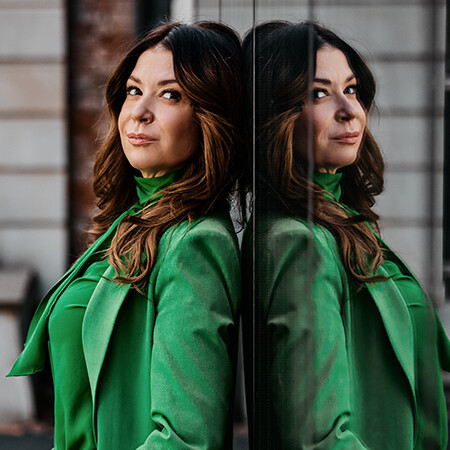
13:20-13:40
Recycling fashion: How separate collection and producer responsibility can transform the textile industry
Agnieszka Oleksyn-Wajda, Lazarski University
13:40-14:40
Lunch break
Panel discussion:
14:40-15:40
Contemporary challenges in textile recycling: How can the industry effectively close the material cycle?
On 1 January 2025, the mandatory selective collection of textiles, including clothing and footwear, came into force in Poland. This is the first step towards closing the circulation of textiles. The next will be the introduction of legislation currently being worked on by the European Commission, which will extend extended producer responsibility (ROP) to textiles.
Are we already ready to close the textile loop, has the industry developed the right solutions to do so and are we as a society ready for new consumption patterns that reduce the amount of packaging introduced?
Panellists will be:
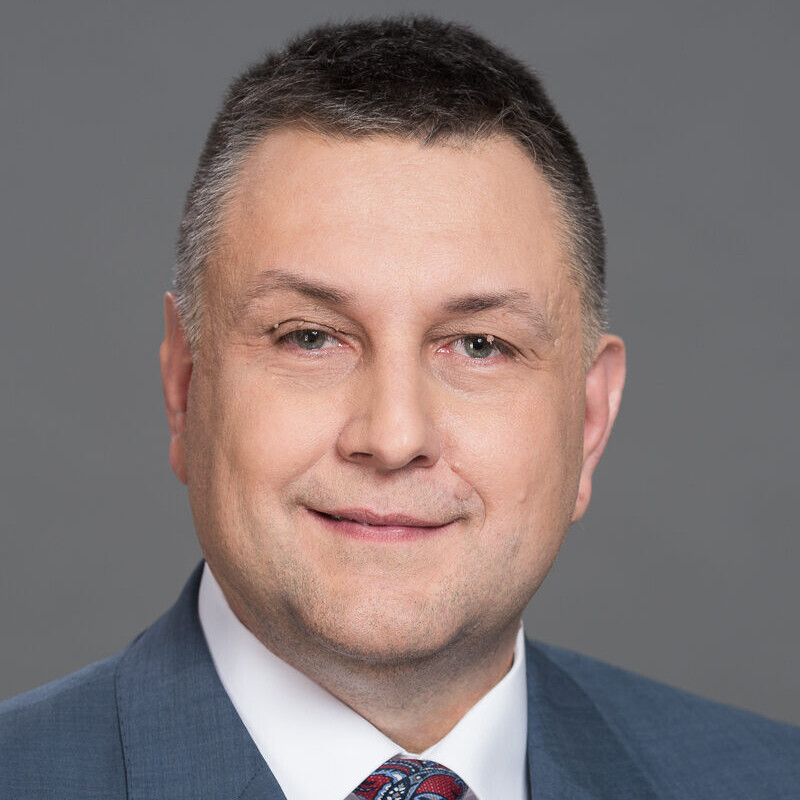
15:40-16:00
Modern Closed Circuit Economy using McDonald's Poland as an example
Tomasz Kurpiewski, McDonald's Poland
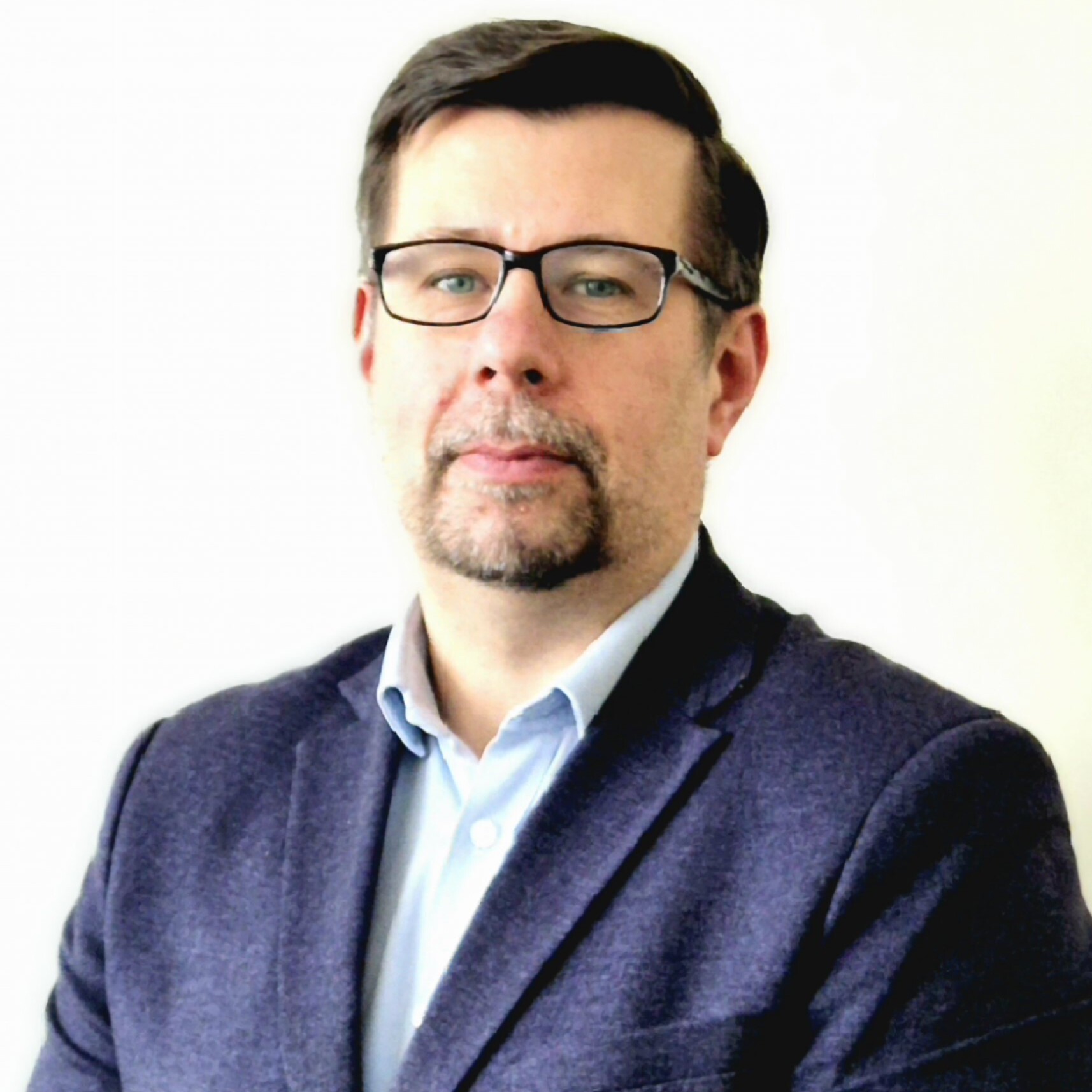
16:00-16:20
The future of liquid food packaging recycling using the example of the Stora Enso plant in Ostroleka
Tomasz Patyra, Stora Enso
16:20-16:30
Coffee break

16:30-16:50
My contribution is not to draw straws: How to give people a sense of agency that is not false
Urszula Kozłowska

16:50-17:20
Plastics and multi-material packaging in the context of PPWR objectives
Konrad Nowakowski, PIOIRO
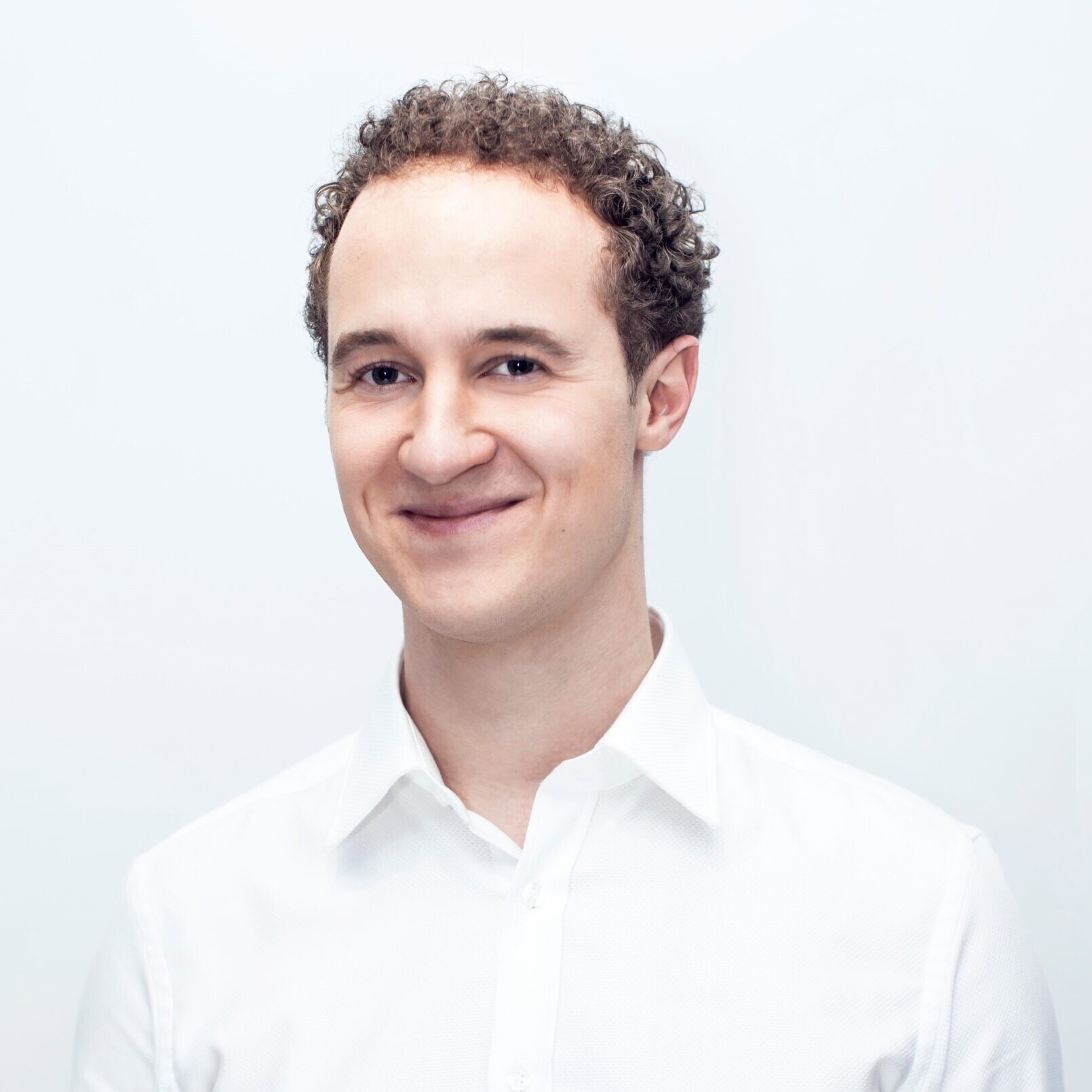
17:20-17:40
"You don't have to anymore!" - or SodaStream's bubble revolution in light of the Bail Act
Ireneusz Janiczek, SodaStream
Day II - 4 June 2025.
Panel discussion:
PPWR - how much will it cost us?
Growing environmental pressure is forcing EU countries to implement further measures to reduce the negative impact of packaging on the environment. This is why the European Parliament has adopted the PPWR, which brings significant changes for businesses. The session will discuss the challenges of packaging design, production and recycling in the face of the new regulations.
Panellists will be:
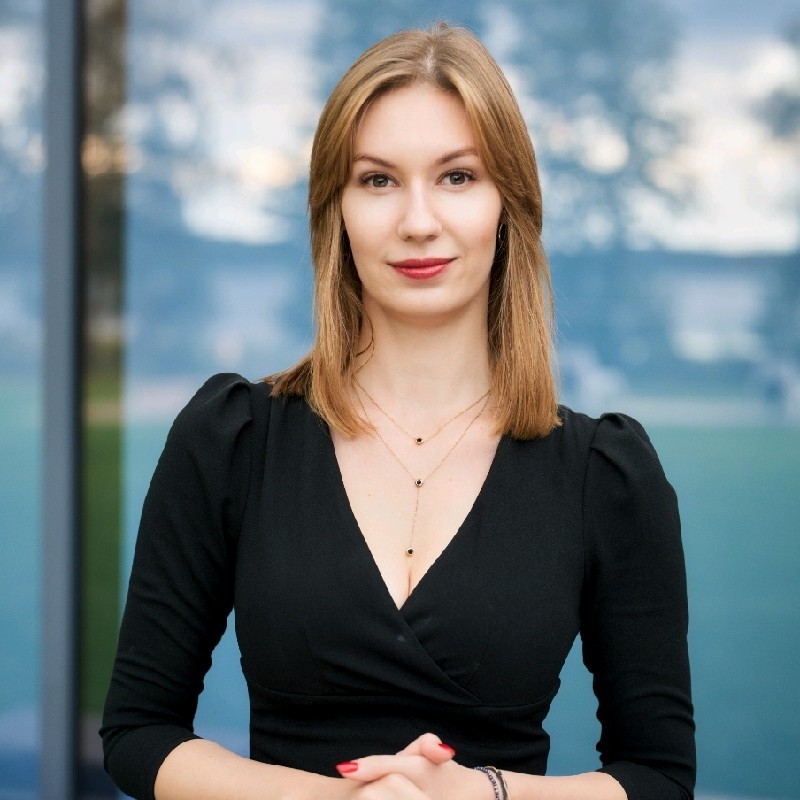
10:00-10:20
Efficiency in Waste Management with Digital Tools
Monika Szychulska, Interzero
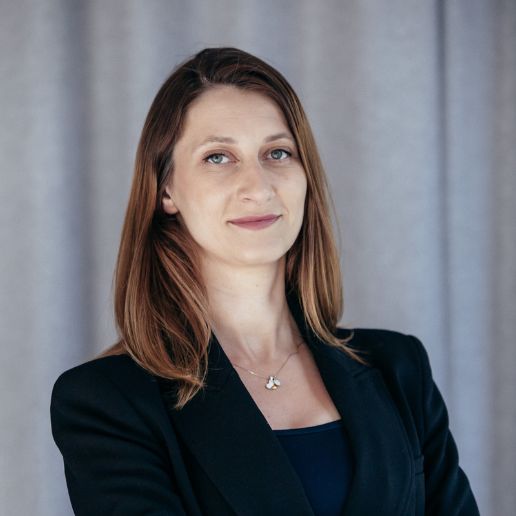
10:20-10:40
Financing corporate transformation for sustainable development
Anna Zdyb, mBank S.A.

10:40-11:00
Let's unpack the insights - how do Allegro customers perceive the issue of packaging and sustainability?
Aga Wilke-Trochymiak, Allegro

11:00-11:30
New ROP model - system assumptions proposed by the Ministry of Climate and Environment. Is the new model a fair ROP?
Pawel Sosnowski, Interzero
11:30-11:40
Coffee break
Panel discussion:
11:40-12:40
Sustainable packaging is both a gain for the environment and a challenge for businesses. How to reconcile ROP and PPWR?
In recent months, the Ministry of Climate and Environment has presented the assumptions of a new ROP system for packaging. The draft assumes the abolition of recovery organisations and the imposition of a fee on producers collected from the packaging introduced, which will be paid to the National Fund for Environmental Protection and Water Management. The experience of the few countries where such state systems have functioned or are functioning indicates their ineffectiveness and the high costs generated by the system for those introducing packaged products.
So what kind of ROP system should be established in Poland in order to realistically implement the circular economy and meet the requirements of the PPWR regulation, which will already be in force by the middle of next year?
Panellists will be:
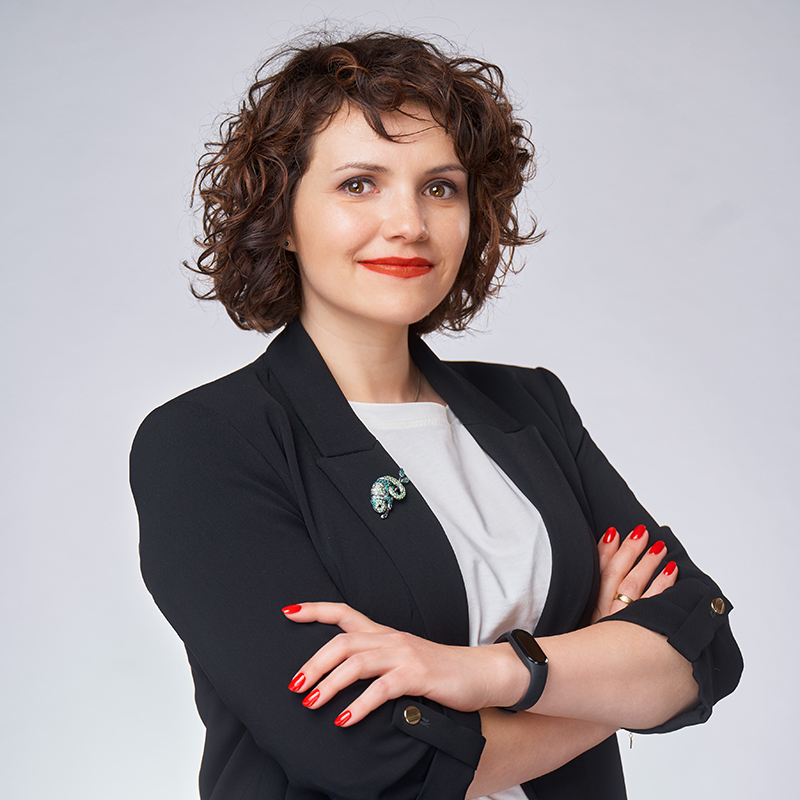
12:40-13:00
From nuts to consciousness - how to unscrew the disposability problem?
Edyta Mantorska, Interzero
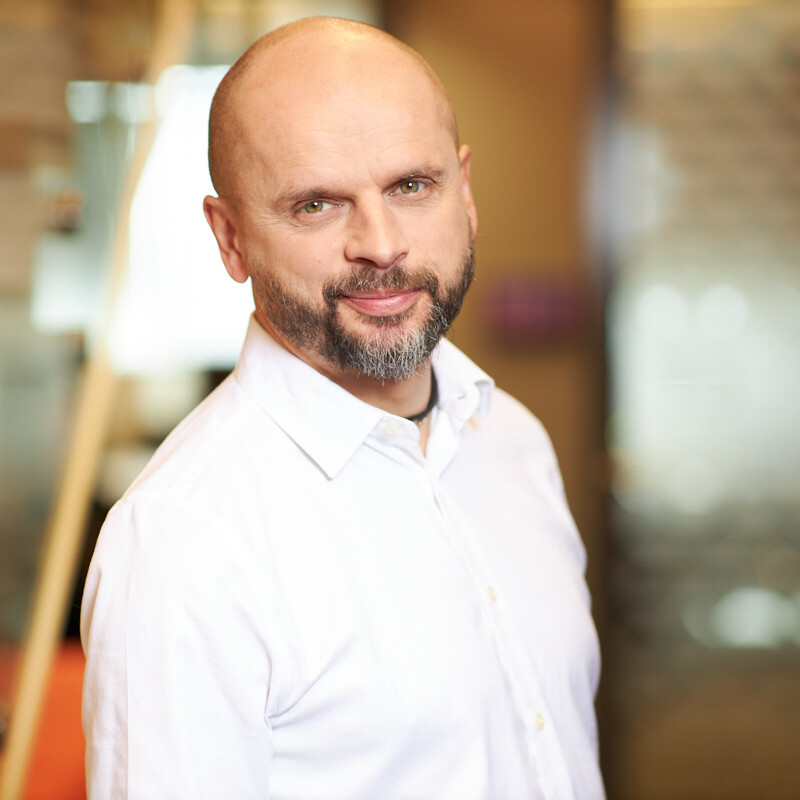
13:00-13:20
Good preparation for the launch of a bail system with artificial intelligence support
Krzysztof Ptak, PwC Poland
13:20-14:10
Lunch break
Panel discussion:
14:10-15:10
SUP in practice: How to reduce single-use plastics and not lose competitiveness?
In 2023, Poland implemented the provisions of the SUP Directive, which aims to restrict the use of certain single-use products made of plastic, which are most often left as waste in public spaces. In addition to such far-reaching regulations as the banning of certain products, the legislation also imposes a number of charges aimed at reducing the use of single-use plastic products.
So are there solutions available to reduce the use of these products by traders while maintaining their competitiveness?
Panellists will be:
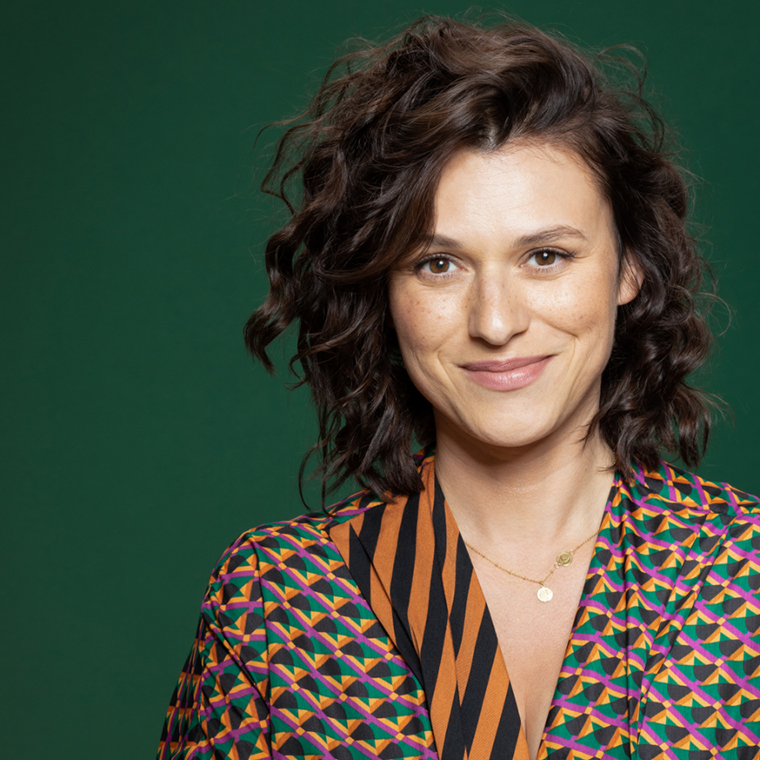
15:10-15:30
Rabbit hole, 15min cities and climate conspiracy theories, or how not to let climate disinformation get in the way?
Paulina Górska, Journalist, eco-educator

15:30-15:50
Something more than waste. How to create a circular economy?
Robert Kowal, Interzero
15:50-16:00
Coffee break
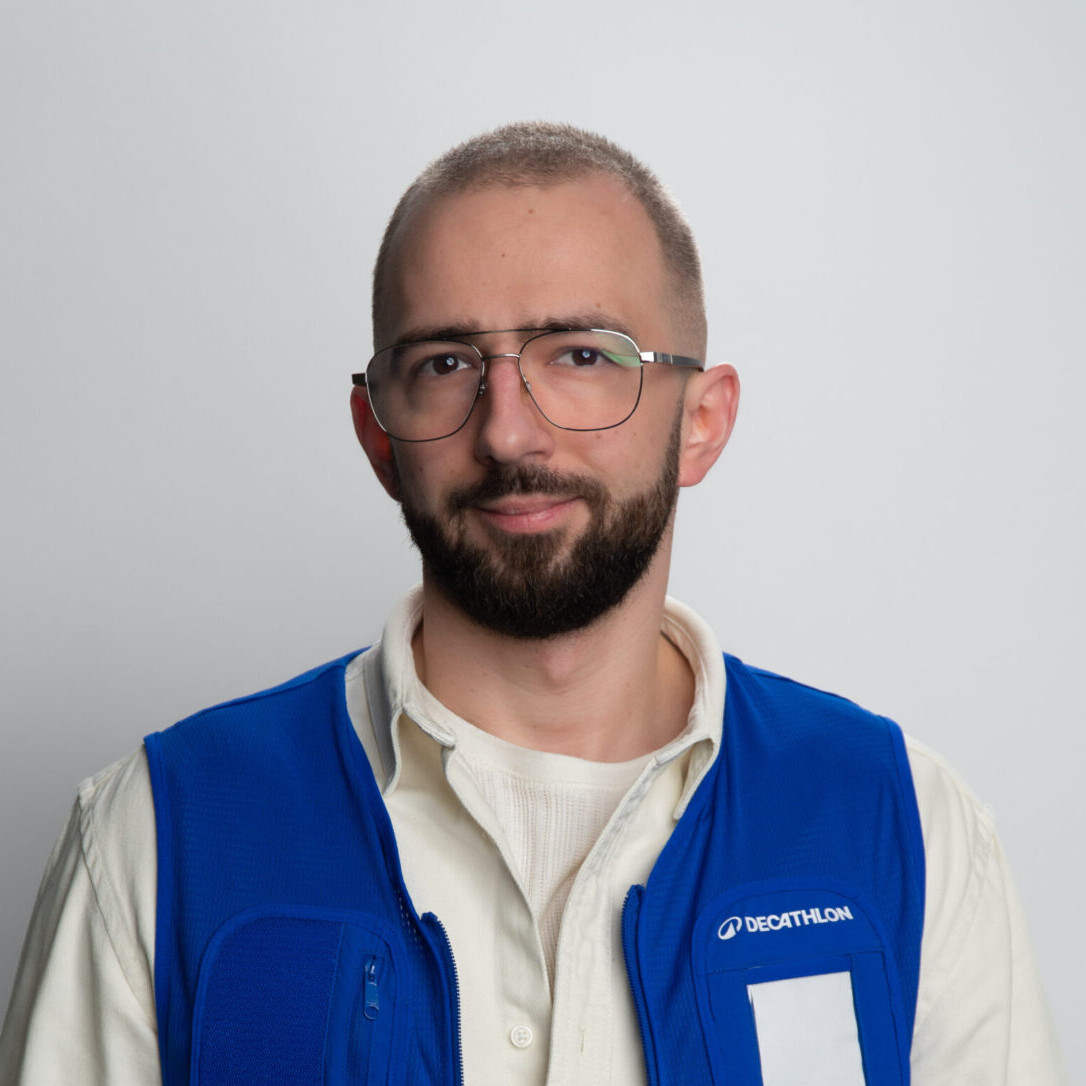
16:20-16:40
We repair more than equipment - how a sports service supports a sustainable business model
Marcin Jakubiak, Decathlon
The organiser reserves the right to make changes to the programme of this Conference.
